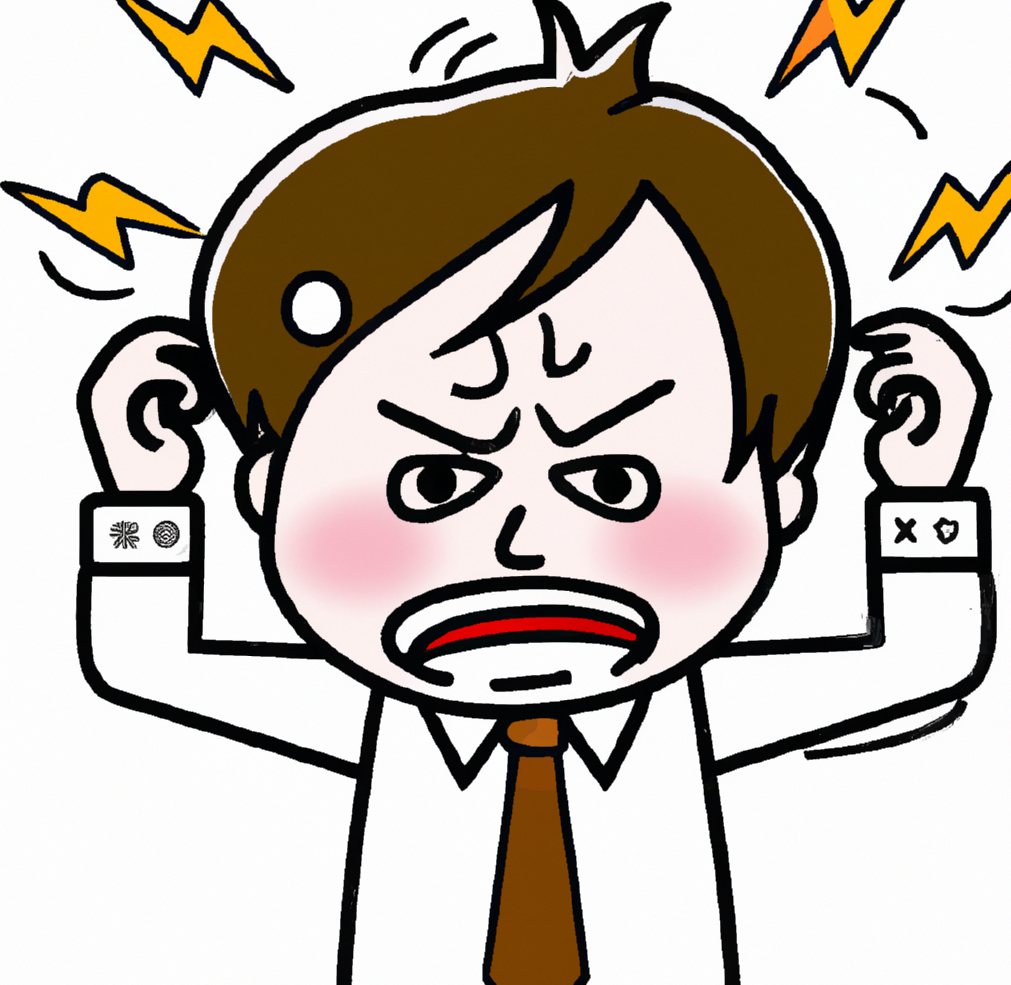If you’re reading this, chances are you might be saying “I hate my job.” You’re not alone; many people feel the same way at some point in their careers. It can be a difficult and demoralizing experience to realize that you don’t enjoy what you do for a living. But it doesn’t have to stay that way forever! With the right strategies, it is possible to make changes so that your career path is more fulfilling and rewarding. Of course, there are times when you will have no other option other than to resign your job and will need to write a resignation letter.

First of all, it’s important to take time for self-reflection and identify why exactly you are saying, “I hate my job.”. The next thing you should ask yourself is, “Why do I hate my job ?” Is there something specific about the work itself or the environment? Are there certain tasks or duties that are especially unpleasant? Do you feel like your talents aren’t being utilized enough? Knowing why will help guide your next steps towards finding fulfillment in the workplace again.
Once you’ve identified what’s causing dissatisfaction with your job, consider how best to address these issues head-on. If it has something to do with feeling unfulfilled by the work itself, maybe look into taking on additional responsibilities or seeking out new projects outside of normal scope of duties – things which may better align with your interests and skillset. Alternatively if it has something more related to company culture such as lack of recognition or support from management then speak up and voice those concerns directly (if appropriate). After all, sometimes simply bringing attention an issue can already start making positive change happen within an organization – even small ones!
It’s also worth considering whether any external factors are playing a role in how much enjoyment one gets out of their job too: such as lifestyle balance (or lack thereof), commuting distance/time spent away from home etc… Taking actionable steps towards resolving these kind of issues could go along way towards alleviating some stressors associated with daily life thus allowing for improved productivity during working hours as well!
At times though no matter how hard we try nothing seems good enough when stuck in a rut like this – so never be afraid reach out for professional guidance either through counseling services provided by employers (if available) or independent sources like therapists who specialize in career development coaching etc… Talking through our problems with someone objective often helps us gain clarity around our emotions & motivations which ultimately leads us closer towards discovering solutions which actually suit our needs best long term wise instead just settling short term fixes which won’t last beyond few weeks at most before feelings come back again stronger than ever before.
Finally remember: hating one’s job isn’t necessarily permanent nor should it define who we are as individuals either! Everyone goes through periods where they don’t love everything they’re doing but thankfully there always options available when looking into ways improving upon current situation regardless if its temporary slump due changing circumstances surrounding lives lately or deep seated unhappiness stemming back years ago still lingering today– only need recognize them first order move forward positively life ahead.
I Hate My Job What Do I Do ?
If you hate your job, it can be a difficult and stressful situation to be in. Here are a few things you might consider doing:
- Try to identify the specific aspects of your job that you dislike. Is it the tasks you’re responsible for? The people you work with? The company culture? Understanding what’s causing your dissatisfaction can help you figure out what steps you might take to address it.
- Talk to your manager or HR representative. They may not be aware of your unhappiness and may be able to help you find ways to make your job more enjoyable or address any issues you’re having.
- Consider seeking additional training or professional development opportunities. This can help you learn new skills and potentially open up new career paths within your company or elsewhere.
- Look for ways to make your work environment more comfortable. Is there something you can do to make your workspace more pleasant or to make your workday more manageable?
- Take breaks and prioritize self-care. It’s important to take care of yourself and find ways to recharge during the workday.
- Consider looking for a new job. If you’ve tried everything you can think of and you’re still unhappy in your current job, it may be time to start looking for a new opportunity. This can be a big decision, so it’s important to take your time and carefully consider your options.
Remember, it’s okay to not love every aspect of your job. However, if your job is causing you significant stress or unhappiness, it may be worth considering whether it’s the right fit for you.
What IF I Hate My Job, But It Pays Well?
If you hate your job but it pays well, it can be a difficult situation to be in. Most importantly, you’ve decided that if you could find another job that paid as well, you would leave your current job. Here are a few things you might consider doing:
- Consider seeking additional training or professional development opportunities. This can help you learn new skills and potentially open up new career paths within your company or elsewhere.
- Don’t let your performance suffer. You want to be able to decide when you move on, and don’t want your employer to make that decision for you.
- Take breaks and prioritize self-care. It’s important to take care of yourself and find ways to recharge during the workday. Make sure you take all of your allotted vacation.
- Start saving and budgeting for a potential job change. If you decide that you want to leave your current job, it can be helpful to have a financial cushion to fall back on while you’re looking for a new opportunity.
- Begin looking for a new job. If you’ve tried everything you can think of and you’re still unhappy in your current job, it may be time to start looking for a new opportunity. This can be a big decision, so it’s important to take your time and carefully consider your options.
- To gain skills for a new job, consider moonlighting and doing contract work at marketplaces like fivverr.
- Another option to get experience with new skills would be to do volunteer work.
Remember, it can be difficult to leave a job that pays well, but it’s also important to consider your long-term happiness and well-being. If your job is causing you significant stress or unhappiness, it may be worth considering whether it’s the right fit for you.
